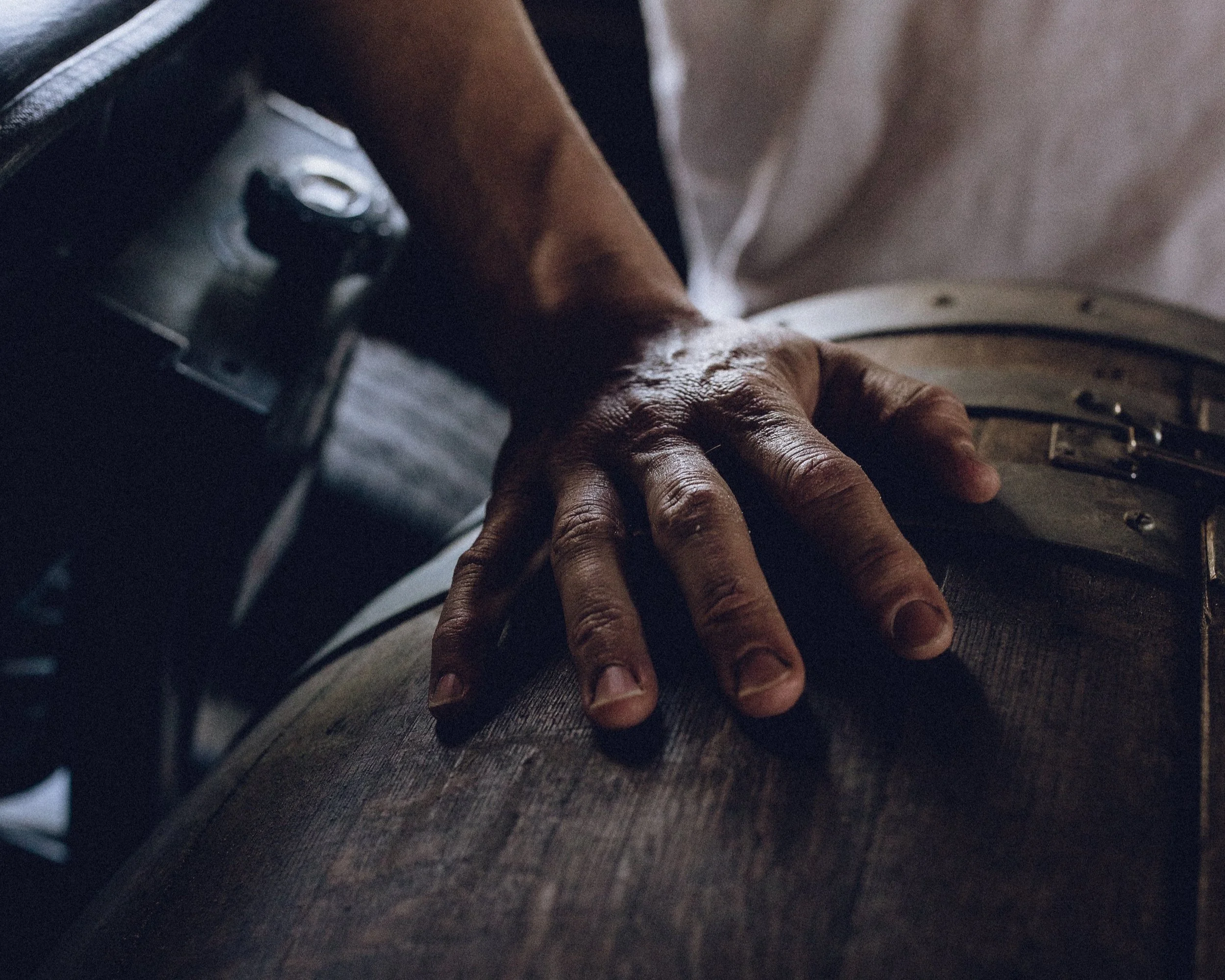
Our Commitment to Papatūānuku.
Mother Earth.
You will hear many stories of commitment to the environment during your visit, from sustainability to biodynamics to regenerative to mycorrhiza to protecting endangered species, AI and organics. Many in the industry are committing to a wider sustainability story with the likes of packaging, circularity and carbon. Each wine producer takes their own unique slant, each has a story.
Many of these initiatives are specific to their own land and people, bringing life and energy to their Turangawaewae (place to stand) and helps set a positive example for their communities and for society at large.
As humans, our greatest challenge is moving as quickly as possible to a low carbon society, without bringing the house down along the way. We cannot simply stop behaving like humans, or fine wine producers. People all over the world enjoy what we produce and human interaction is part of the whole ethos of fine wine.This trip was no different - a human connection to people and places that together produced unique products of the land. Fine wine was is much more than just tasting the wine. Visiting those places and engaging with the people who cared so much about their craft was the only way to experience what terroir really was - soil, climate, and culture.
The trip came with a carbon load, and we were acutely aware of its impact. Our awareness allowed us to formulate a plan - to turn the negative impact into a positive outcome for the planet. We calculated the entire carbon footprint of transportation throughout the trip using CarbonClick.
We invested in the Banks Peninsula to purchase carbon credits that would sequester 150% of the carbon released by the transportation component of the trip. We chose the Banks Peninsula because these credits were certified to the highest quality, and they helped build ecosystem health alongside offsetting carbon.
This project was very close to Akaroa, where the French landed in 1838. If not for the sake of three months, the South Island could have been settled by merchants from Bordeaux and Nantes in 1840 instead of the British. What a different wine story that would be!
Find out more about the carbon offsetting and many other environmental commitments of our group of fine wine producers through


